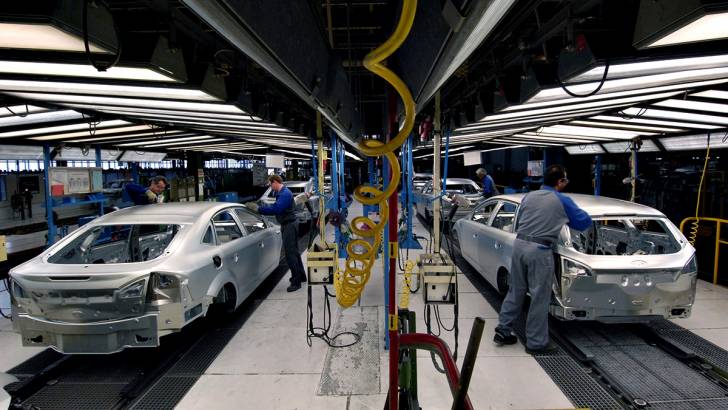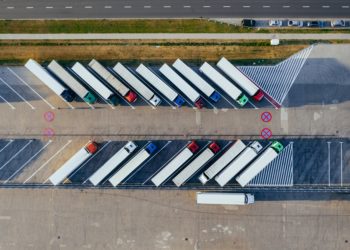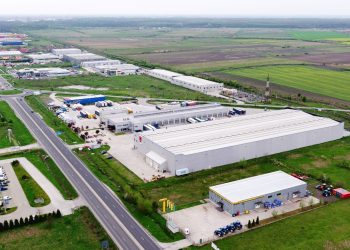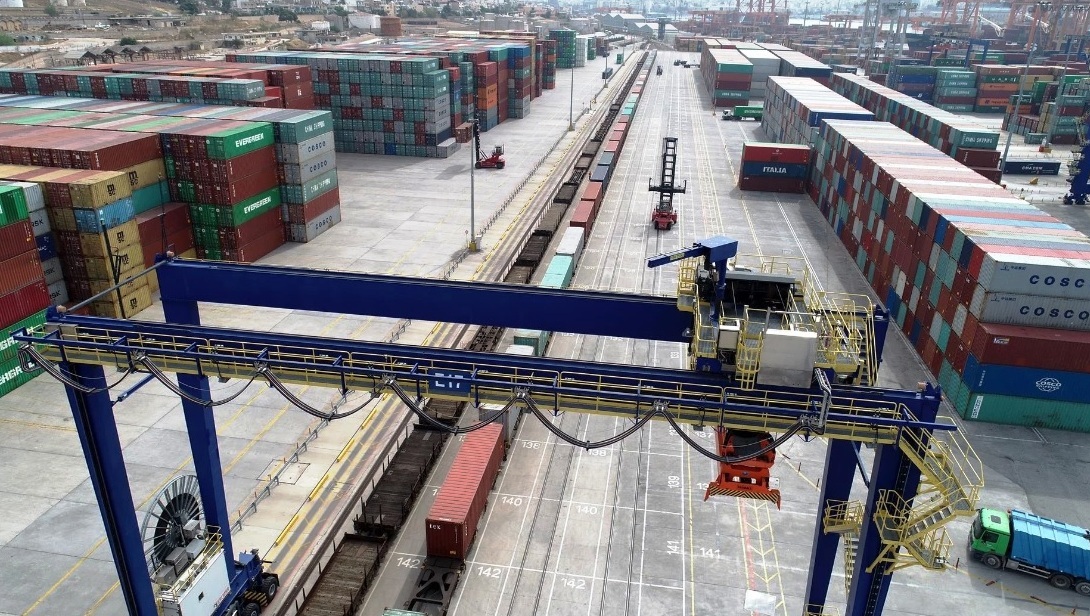Representatives from the road, air, maritime, rail, manufacturing and logistics sectors call on European decision makers to adopt an EU framework on the governance of business-to-business (B2B) data that ensures a level playing field for all partners in the digital economy.
Following recent innovations, the transport sector relies increasingly on the exchange of large amounts of personal and non-personal data between multiple actors. These innovations include the development of vehicles’ automated functions, connected vehicles, smart cities and digital mobility platforms. These solutions have led to an increase in data generation with transport operators typically generating data, and technology companies processing and using these data.
In a joint statement sent to EU decision makers, associations representing the freight and passenger transport sectors call for the establishment of an EU framework on the governance of B2B data. The framework should explicitly include the principle of voluntary provision of data and should clarify the roles and responsibilities of data aggregators and the rights of data generators.
The EU should also provide a guidance to standardise data formats and facilitate the interoperability of mobility platforms.
The impact of digitalisation on businesses should not be underestimated, especially in the case of SMEs. For a successful digital transformation, businesses need to upskill their workforce and will require financial support if they are to benefit from the opportunities of the data economy.
The transport sector stands ready to cooperate with EU institutions on digitalisation issues to ensure equal opportunities for all business partners in the digital economy through fair and transparent EU regulation.
(ACEA)

















































